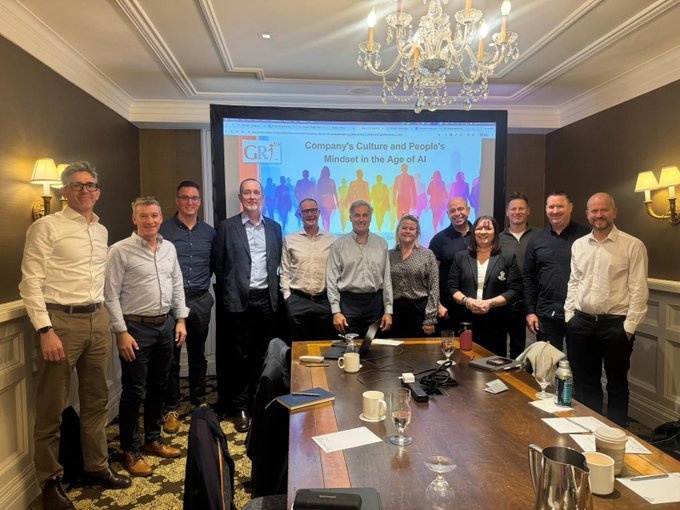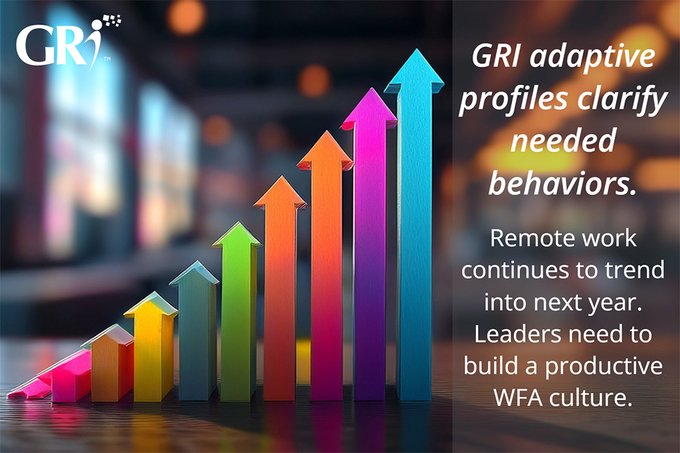The Millennial Search for Purpose
Posted by Frederic Lucas-Conwell

The Millennial Search for Purpose
John has been a happy Google employee for the past six years. Life is good there, with the free food and perks of all kinds including massage and a hairdresser. He loves living in San Francisco and the easy, breezy commute to Mountain View thanks to the Google buses. In his most recent assignment, John is travelling the world for visiting clients and sales teams. Not bad when you are 27, discovering countries and cultures you have only seen on the Internet so far! In addition to the perks and new experiences, John's relationship with his managers and colleagues at Google has always been great. He is regularly reviewed on his performance and is doing wonderfully well on all scales.
 And yet...John daydreams. Maybe he should start his own company. Or a family. What about going back to school and changing industries completely?
And yet...John daydreams. Maybe he should start his own company. Or a family. What about going back to school and changing industries completely?
On another continent, 25-year-old Amanda is starting her third job. When she graduated four years ago, she immediately landed a job in the client services department of a young, fast-growing company. There were some hiccups as the company expanded, but overall it was doing well, and was rapidly acquired as a result. Amanda stayed with the company for a while, developing her expertise and taking on more responsibility, but after only a year she joined another company. She was lured away by better pay, more responsibility, new people, and what appeared to be a great cultural fit. Unfortunately, this job turned into a nightmare with a micromanaging bully for a boss. Miserable, Amanda quit and is now going to work for her third company in four years. But before she starts she is taking some time to travel around the world. And life goes on!
Millennials: Not so Different After All
There are more and more Johns and Amandas in the workplace today, and many companies are struggling to understand, work with, and retain these younger employees.
Because Gen X is relatively small, Millennials will have to take on management and leadership roles much younger than other generations. They are projected to be 75% of the workforce by 2025. On top of that they have unprecedented access to what is possible, and what their careers or lives could look like thanks to the Internet. All of this combines to make the Millennials' expectations higher than those of previous generations.
Earlier research on Millennials lead us to believe that they were entitled, easily distracted, impatient, self-absorbed, and job-hoppers. However, with more and better research, it turns out that differences between the generations in the workforce are small and probably more about their life stage. The IBM study, Myths, Exaggerations and Uncomfortable Truths: The Real Story Behind Millennials in the Workplace, is one recent example.
They are perhaps more comfortable in a digital environment than other generations, but in general Millennials want the same things from their employers as other generations. They want opportunities to learn and grow and to work with great managers at jobs that fit their talents and interests. And they want to do work with purpose
Same Needs, Different Speed

Our observations with the GRI tend to agree, showing a lot of variety in behavior profiles in general, but no specific trend for Millennials. We do, however, find that their needs are more urgent. They feel more pressure from the world around them to keep up with the options that flood them daily via the internet and because the law of supply and demand is in their favor.
Having a purpose to our lives, derived from the work we do, or aligned with our work, is not a new idea. But companies need to take a more active approach to this need for purpose, attracting and retaining Millennials by guiding them in their quest for knowledge, and keeping them interested, energized, and performing effectively.
Finding, Building or Creating Purpose
For employees to find purpose at work requires minimum amounts of satisfaction and wellbeing, supported by the work environment.
You can assess this in a general way by answering the following questions:
- Is the organization successful? Do leaders demonstrate integrity and vision?
- Are employees using their skills daily?
- Do employees have opportunities to develop new skills and build authority and responsibility?
- Are employees respected and valued, with opinions heard and contributions recognized?
- Is the work fulfilling and enjoyable, offering a sense of meaning and purpose?
If you can genuinely answer yes to all of the questions above, then you have laid the groundwork for engaged, successful employees. More specifically, if we want to help Millennials embrace life fully and build success, we need to provide them with insight into who they are and how that impacts the job they do.
GRI and Emotional Awareness
At the GRI we like to talk about not only WHAT the content of purpose may be, but also HOW it comes to be and HOW it continues to develop.
Millennials are eager to succeed and driven to do better than their parents and grandparents. John, Amanda, and others like them need to learn about their own unique path to development and growth, with information that pertains directly and specifically to them.
Instead of attributing challenges with employees to generational traits that are largely beyond our control, we can use the GRI to understand how each person functions, from behavioral and emotional standpoints, and give them that specific information about their own needs and motivations.
The GRI provides managers the tools to engage and motivate each employee according to his or her unique way of functioning, and lets managers and their direct reports build a sense of purpose that is tangible and strong.
We emphasize the importance of understanding each individual’s potential limits, their need for support, and their unlimited capacity to grow. The GRI offers precision and detail, with nuances that paint a more complete picture of how each person, Millennial or not, can find purpose and succeed on their own terms.
Resources
Myths, exaggerations and uncomfortable truths: The Real Story Behind Millennials in the Workplace. 2014. A study conducted by IBM on 1,784 subjects in 12 countries.
Generational Differences in Work-Related Attitudes: A Meta-analysis. David P. Costanza, Jessica M. Badger, Rebecca L. Fraser, Jamie B. Severt and Paul A. Gade. Journal of Business and Psychology. Vol. 27, No. 4 (December 2012), pp. 375-394. The meta-analysis was conducted on 19,961 subjects from 20 studies over four generations.
Latest Articles
Groupama Successful Transformation in Romania: The GRI, Catalyst for Profound Change
The history of Groupama in Romania is an eloquent testament to resilience, strategic vision, and the transformative impact of innovative management tools. Arriving at the...
Hybrid Work: A Management Revolution
The COVID-19 pandemic has acted as an unprecedented catalyst, radically transforming our approach to work. What was once a marginal practice has become the norm for many...
Leadership 3.0: Objective Insights for People-Centric Leaders
Steve, a brilliant entrepreneur, poured his heart into his work. His team at "Innovatech" was on the brink of a major breakthrough, a new app that promised to revolutionize...



